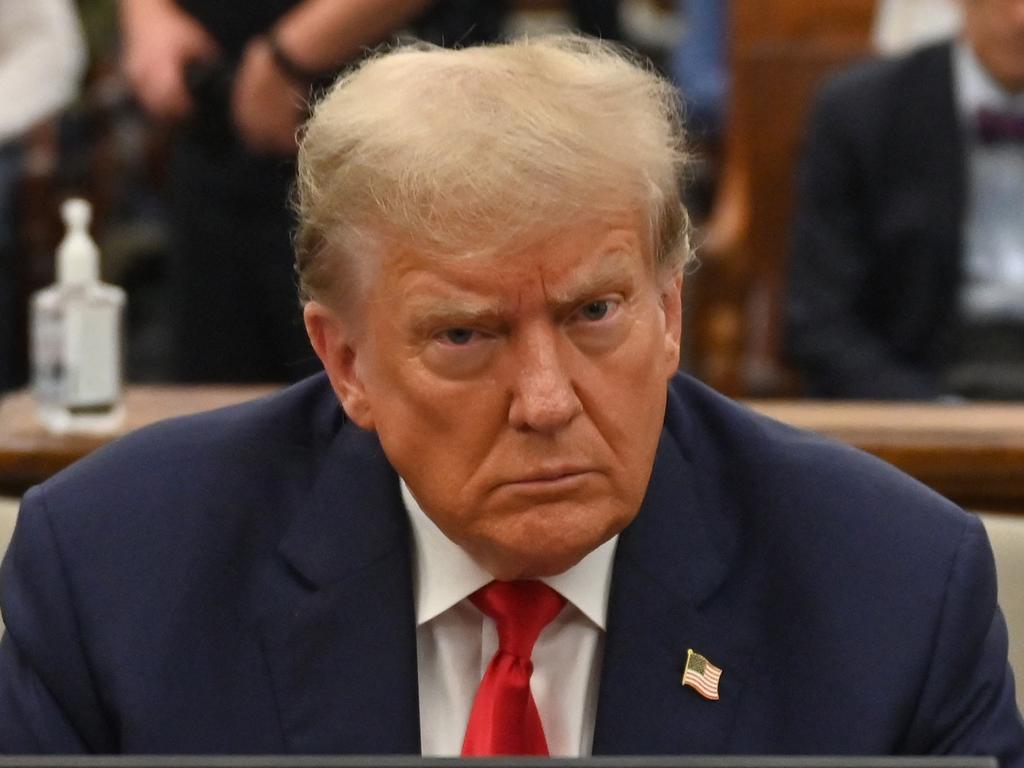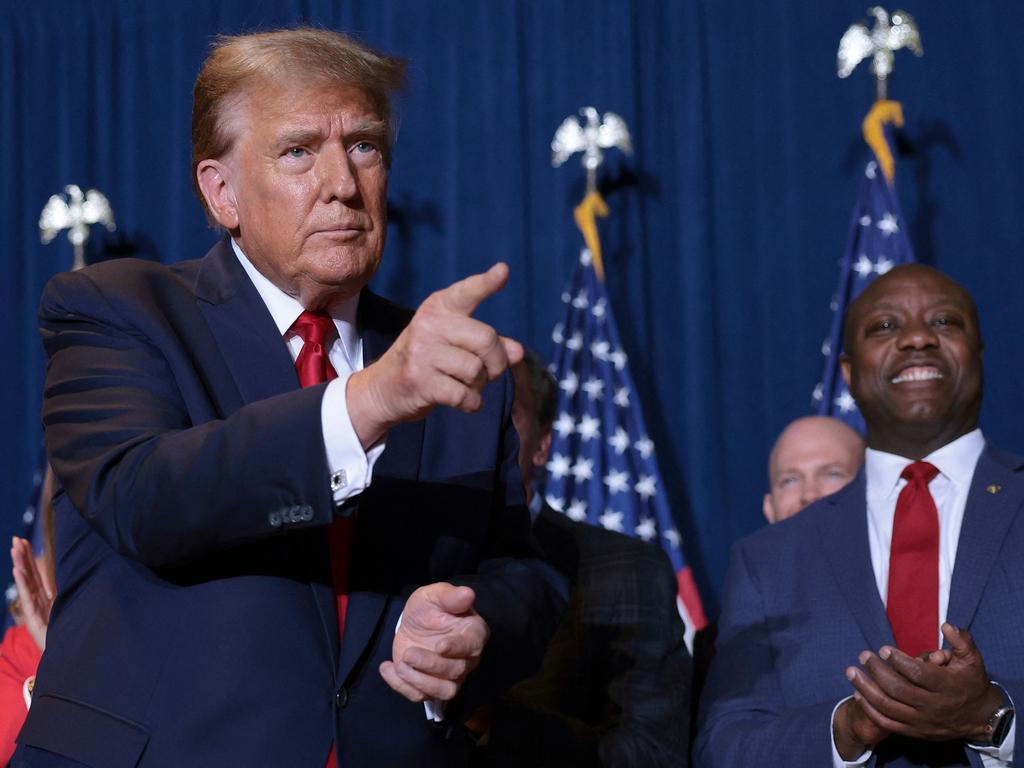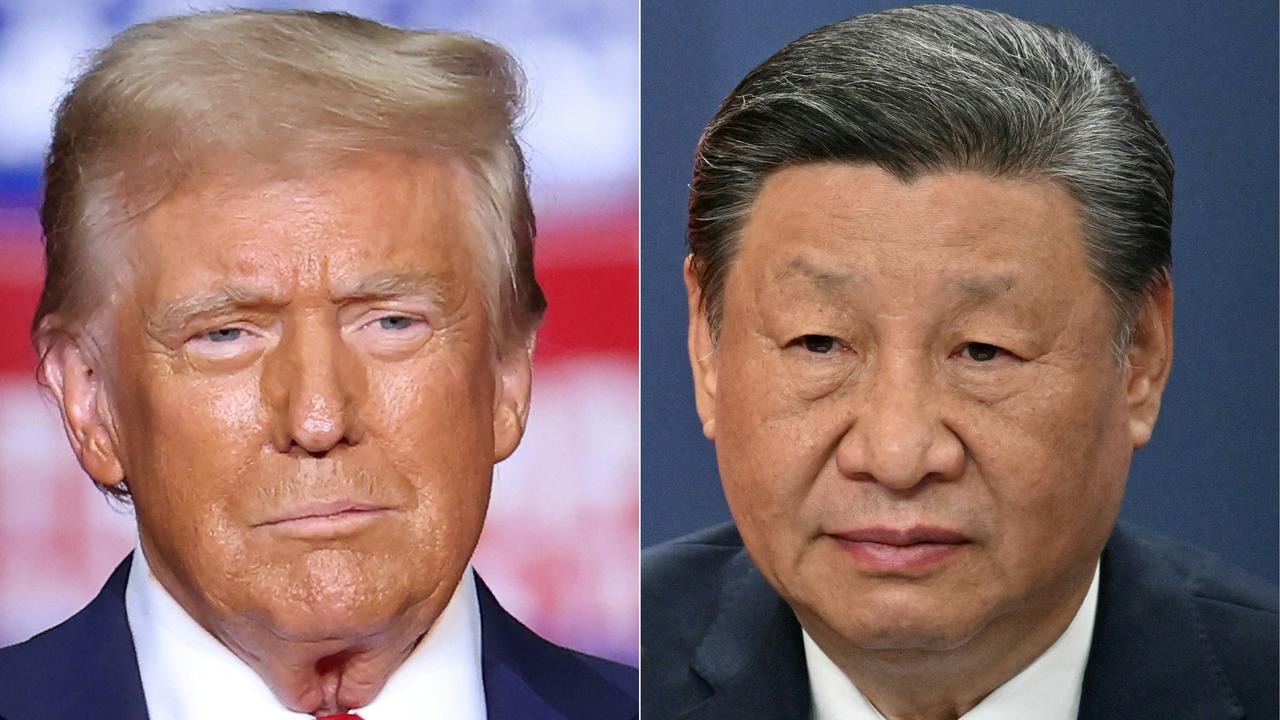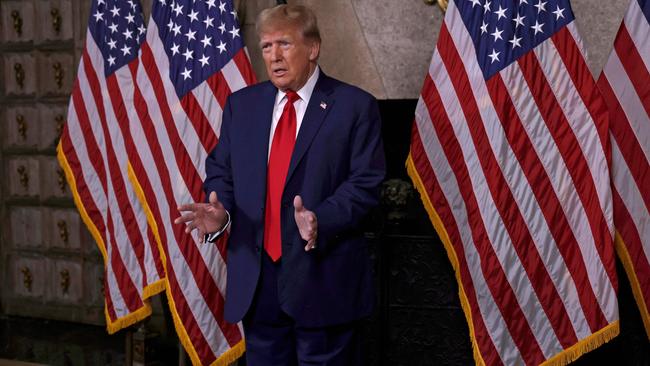
Don’t be fooled into thinking Donald Trump’s myriad legal woes are getting worse by the massive fine meted out to him by a Manhattan court last month for business fraud.
In fact, the Supreme Court’s emphatic rejection of fringe political efforts to strip Donald Trump of ballot access should be a reminder that things have been going his way on the legal front for some time.
The serious threats posed by his four indictments, federal and state, spanning 91 criminal charges, any one of which could land the former president in jail, look a lot less scary for Mr Trump today than they did a few months ago.
The Supreme Court’s 9-0 ruling on Monday (Tuesday AEDT) that guarantees Mr Trump will almost certainly appear on all 50 state ballots in November was the second Supreme Court decision to cause a major headache for Democrats hoping the judicial process can succeed where Democrats’ political efforts have been failing.

Special Counsel Jack Smith’s signature election subversion case against Mr Trump was meant to start today, 4th March, the day before Super Tuesday, ensuring an ignominious backdrop for the former president who at one point was supposed be facing a field of competitive Republican challengers.
Last week the Supreme Court said it would hear Mr Trump’s appeal related to whether he’s even able to be prosecuted for acts committed as president.
Because those hearings won’t start until late April, with a decision likely late June, it’s entirely possible the case won’t be wrapped up by November 5th, after which it could well disintegrate if Trump is re-elected.
Mr Smith’s other indictment against Mr Trump, related to allegations he mishandled classified documents, was meant to start on May 20th. Florida federal Judge Aileen Cannon a few days ago suggested even an 8th July start date was “unrealistic”, suggesting that trial too could push past election day and ultimately collapse.
His Georgia indictment, always the most dangerous given any conviction would elude the president’s pardon power, is hanging by a thread as well.
Georgia judge Scott McAfee is ruminating on whether to remove district attorney Fani Willis from the sprawling racketeering case against Donald Trump, amid allegations she hired her boyfriend Nathan Wade as the lead prosecutor for the case, in part to benefit herself.
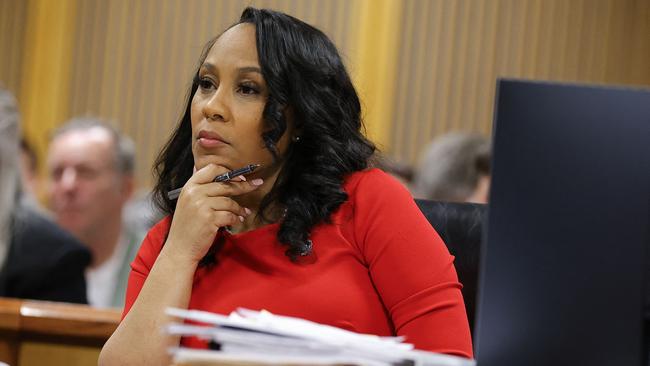
If she’s removed, the whole case, including 13 criminal charges against Mr Trump, could be dropped. Even if she’s not, the perception of corruption left by weeks of highly publicised hearings into Ms Willis’s might even subconsciously bias jurors against Ms Willis’s case.
The only criminal prosecution running on time is the ridiculous hush-money case in New York, which has perhaps done more than any to galvanise public support for Mr Trump as he makes a third bid for the White House.
The Supreme Court’s latest decision wasn’t only a win for Mr Trump, but also for the Supreme Court itself, whose reputation has taken a battering in recent years amid Democrat outrage over major decisions, including overturning Roe v Wade, which split 6-3 according to the leanings of the justices.
That nine judges of varying political and jurisprudential outlooks could unite on the question of whether states have the scope to arbitrarily ban certain political candidates underscored how constitutional interpretation is not mere politics.
A split decision based on political lines would have been a disaster, inviting further attacks a court whose independence, real and perceived, remains vital to American governance.
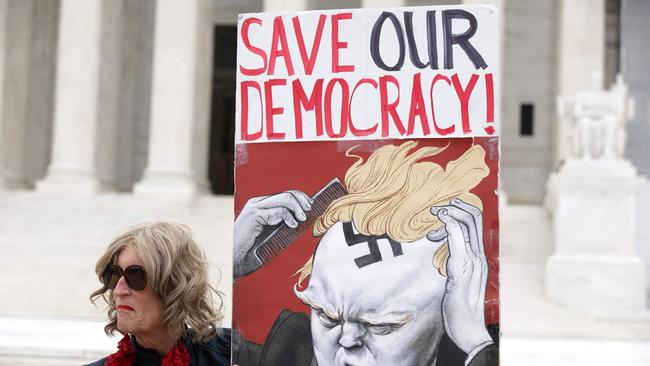
Indeed, it’s important to remember not all Democrat-aligned judges have sought to remove Trump from the ballot.
For all the understandable outrage of the December decision of the Colorado Supreme Court, three of its seven justices, all appointed by Democrat governors, argued against Mr Trump’s removal in common sense dissenting opinions that foreshadowed some of the arguments the Supreme Court subsequently made.
The Supreme Court may ultimately help lighten the load of Mr Trump’s US$454 million fine too, if it ultimately hears the appeal, in a way that will further enhance its reputation for the politically blind delivery of justice.
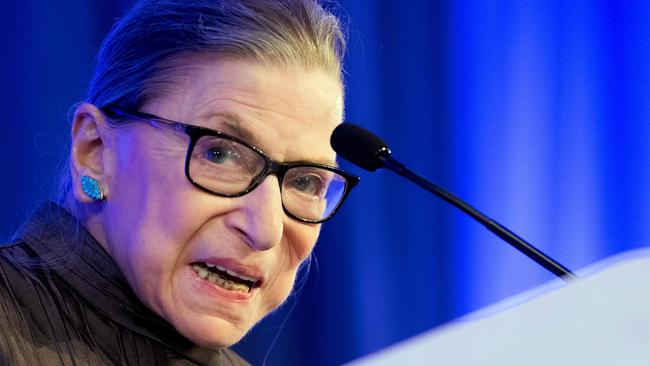
In 2019 it ruled in Timbs v Indiana, in an verdict authored by arch progressive justice Ruth Bader Ginsberg, that the state’s seizure of a man’s Land Rover was a grossly excessive punishment for a minor drug conviction, citing the constitution’s 8th amendment against excessive fines.




